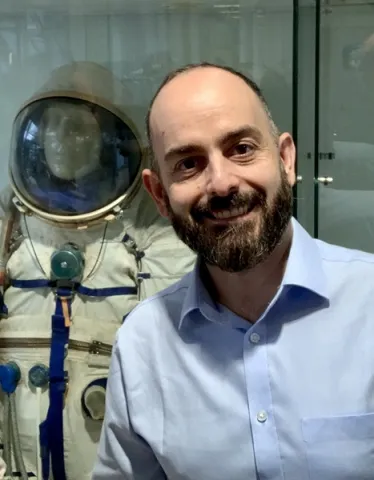About the project
This project aims to design and develop “PlasmaCube,” a real-time plasma measurement payload for CubeSats using Langmuir probe principles. It offers hands-on experience in space systems engineering, electronics, and data systems.
Small satellites, especially CubeSats, are transforming space missions, from Earth observation to deep space exploration. However, over half of CubeSat missions fail, often due to system malfunctions caused by the harsh and unpredictable space environment. Understanding and mitigating these failures is critical to improving mission success.
This project addresses the challenge by developing PlasmaCube, a real-time in-situ plasma measurement payload based on the Langmuir probe principle. The system will include optimally designed electrodes, nano-level current measurement electronics, a control system, and a robust data collection unit. The goal is to create a standardized, plug-and-play diagnostic payload for CubeSats and other small satellite platforms.
You will join the Astronautics Research Group at the Department of Aeronautical and Astronautical Engineering, working at the intersection of plasma physics, space systems engineering, and electronics design. This project offers access to state-of-the-art facilities, hands-on CubeSat development experience, and opportunities to collaborate with leading universities in the UK, Europe, USA, and Japan for in-orbit testing and validation.
This is a unique opportunity to contribute to international space missions and global space environment datasets, while gaining advanced training in space instrumentation and satellite technology.
The School of Engineering is committed to promoting equality, diversity inclusivity as demonstrated by our Athena SWAN award. We welcome all applicants regardless of their gender, ethnicity, disability, sexual orientation or age, and will give full consideration to applicants seeking flexible working patterns and those who have taken a career break.
The University has a generous maternity policy, onsite childcare facilities, and offers a range of benefits to help ensure employees’ well-being and work-life balance. The University of Southampton is committed to sustainability and has been awarded the Platinum EcoAward.

